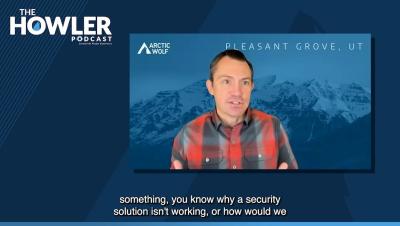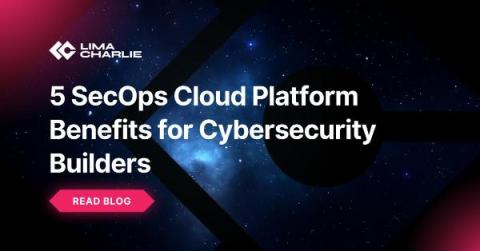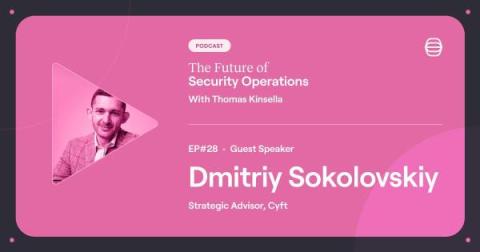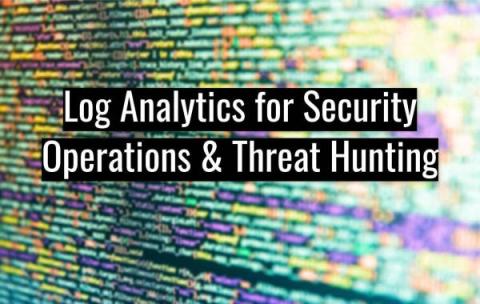Security | Threat Detection | Cyberattacks | DevSecOps | Compliance
SecOps
5 SecOps Cloud Platform Benefits for Cybersecurity Builders
The SecOps Cloud Platform (SCP) is LimaCharlie’s vision for the future of cybersecurity. The SCP delivers core cybersecurity capabilities and infrastructure API-first, on-demand, and pay-per-use. It’s a paradigm shift similar to what the IT public cloud did for IT—but for cybersecurity. The SCP model benefits nearly everyone working in security today, from large organizations and enterprise security teams to managed service providers and SMBs.
Unlocking the Power of Co-Managed SOC: A Strategic Solution for Maximizing SIEM Effectiveness and Cybersecurity Success
Security information and event management (SIEM) systems play a pivotal role in cybersecurity: they offer a unified solution for gathering and assessing alerts from a plethora of security tools, network structures, and software applications. Yet, the mere presence of a SIEM isn't a magic bullet. For optimal functionality, SIEM systems must be appropriately set up, governed, and supervised round-the-clock.
3 Ways to Reduce SOC Alert Fatigue
Why do 67% of SOC analysts feel like a new job or even a new career sounds like a good idea right now? The reason: alerts. Or, to be more specific, the fact that the time it takes for SOC analysts to deal with security alerts and tickets exceeds the amount of time they have available. The name for this phenomenon is alert fatigue.
Dmitriy Sokolovskiy: How SecOps teams can measure and communicate their ROI to senior leadership
In this episode of The Future of Security Operations podcast, Thomas interviews industry veteran Dmitriy Sokolovskiy. Dmitriy is a founding member of (ISC)2 Eastern Massachusetts Chapter, and has over 25 years of experience in the security industry, having led teams at Putnam Investments, CyberArk, and, most recently, Avid. He’s a mentor and advisor to several successful startups and sits on the advisory board of companies like Audience 1st.
7 Types of Social Engineering Attacks
Arctic Wolf Always Ahead: Gartner Peer Insights Customers' Choice in Managed Detection & Response
Arctic Wolf Always Ahead: Managed Security Awareness
Build a 24/7 Security Operations Center (SOC) with Free and Open Source Technologies
Welcome to our comprehensive guide on building a 24/7 Security Operations Center (SOC) using free and open-source technologies. In the digital age, protecting your organization’s information assets has never been more important. Cyber threats are constantly evolving, and organizations of all sizes and industries are vulnerable to attacks.











